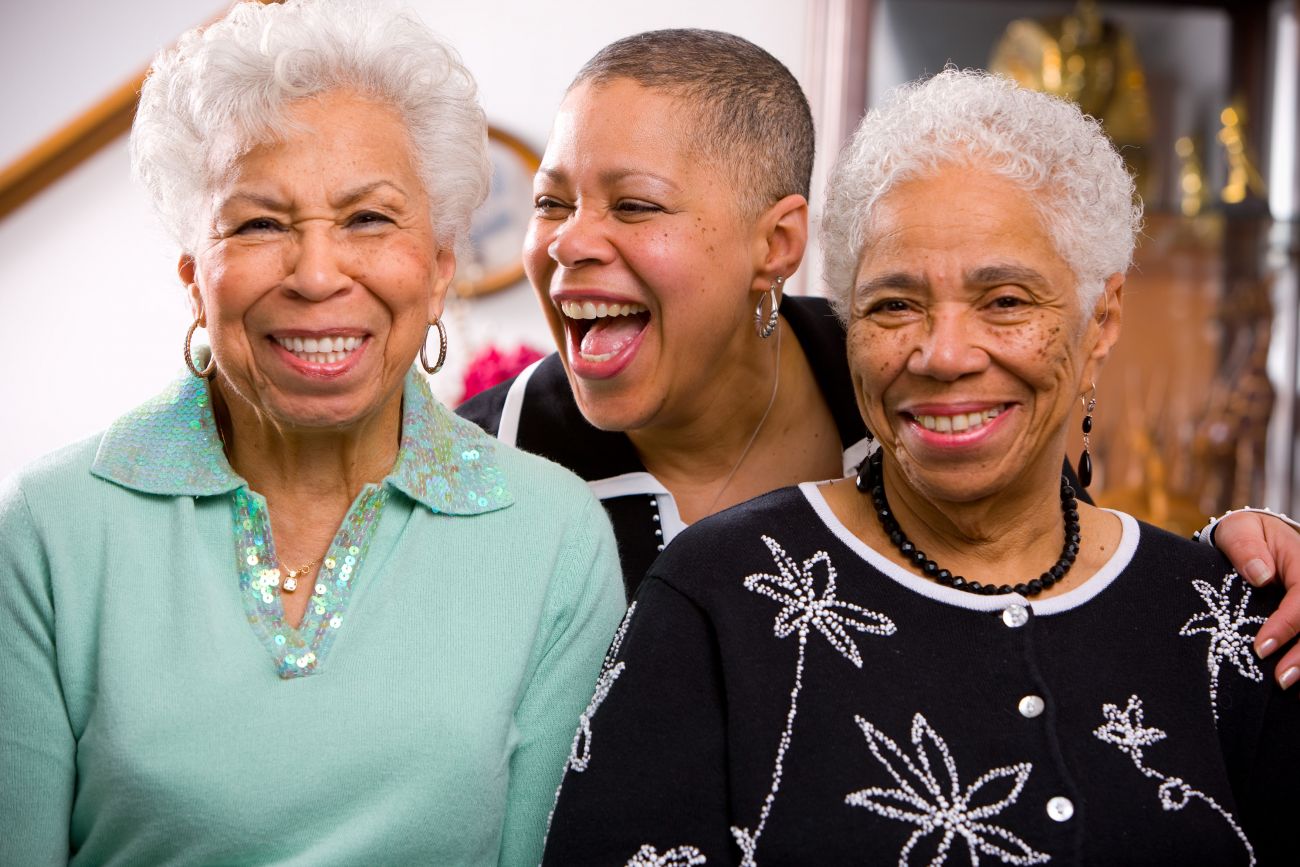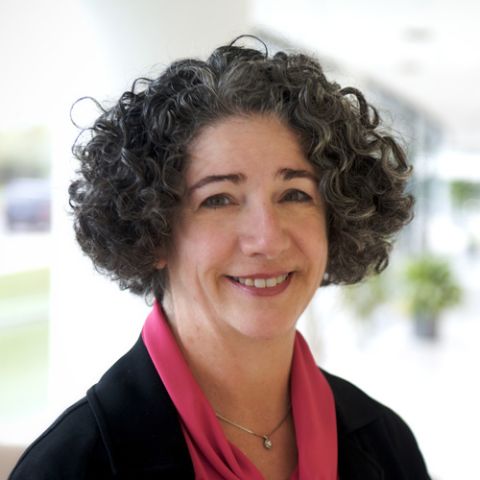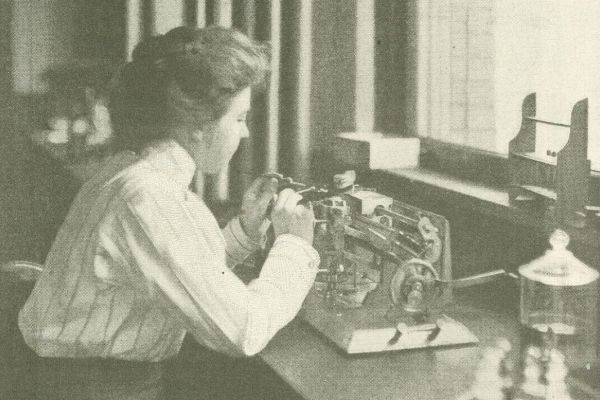Are you the research partner a Roswell Park scientist is looking for?
You might be — even if you don’t have a degree in biochemistry or cellular biology. With a grant from the National Cancer Institute, Roswell Park has launched the Research Oncology Community Knowledge program — “ROCKstars” — to give patients, survivors, and other members of the community a way to add their voices to the research process.
Bringing scientists together with the community is an important part of the Roswell Park mission, and it pays off. In 2007, Veronica Meadows-Ray was determined to find out why she and so many other women in her family had developed breast cancer, especially when they didn’t have the BRCA gene mutations associated with the disease. It was a heavy question: although African-American women are less likely than white women to get breast cancer, they are more likely to die from it.
Meadows-Ray got in touch with Deborah Erwin, PhD, Director of the Office of Community Outreach and Engagement at Roswell Park, and their partnership led to The Jewels in Our Genes, a five-year study involving more than 400 African-American participants and a team of researchers at four institutions. Directed by Heather Ochs-Balcom, PhD, of the University at Buffalo, it was the first national effort to identify gene mutations that increase breast cancer risk in African-American families.
In February 2015, the research team announced that they had discovered previously unknown mutations shared by the study participants. That information laid the groundwork for future research that could save the lives of African-Americans who are at risk. “It’s a testament to what can be done when people like Veronica get involved in their community,” Ochs-Balcom said when the project began. “It all started with her.”
Never miss another Cancer Talk blog!
Sign up to receive our monthly Cancer Talk e-newsletter.
ROCKstars aims to repeat that success with other types of cancer. “A lot of scientists are looking for people who have been patients, to understand their experience,” says Christy Widman, Assistant Director in Roswell Park’s Office of Community Outreach and Engagement. For example, a researcher might ask a survivor, “What would be the best way to take this treatment option to future patients?” or “When you were in treatment, what was your experience with side effects?”
Members of the ROCKstars team also work to shape healthcare policies. And their involvement in a research study can be essential to securing funding, because a growing number of organizations that provide research grants “require that scientists integrate patients or patient advocates into their projects,” Widman says.
Of Roswell Park’s 11 ROCKstars (including Veronica Meadows-Ray!), 10 are survivors representing five types of cancer: breast, acute myeloid leukemia (AML), ovarian, thyroid, and cervical. Eight are Caucasian, two are African-American, and one is Latina. All are female. Widman hopes to round out the team with men and with people representing other types of cancer and other backgrounds, to provide additional viewpoints — and ask new questions that could lead to breakthroughs.


